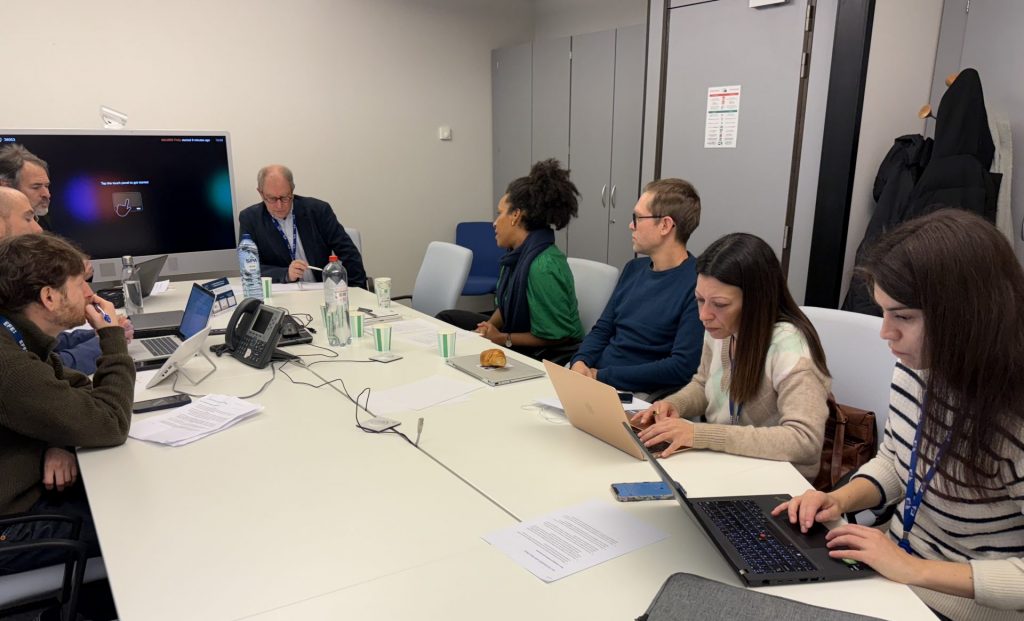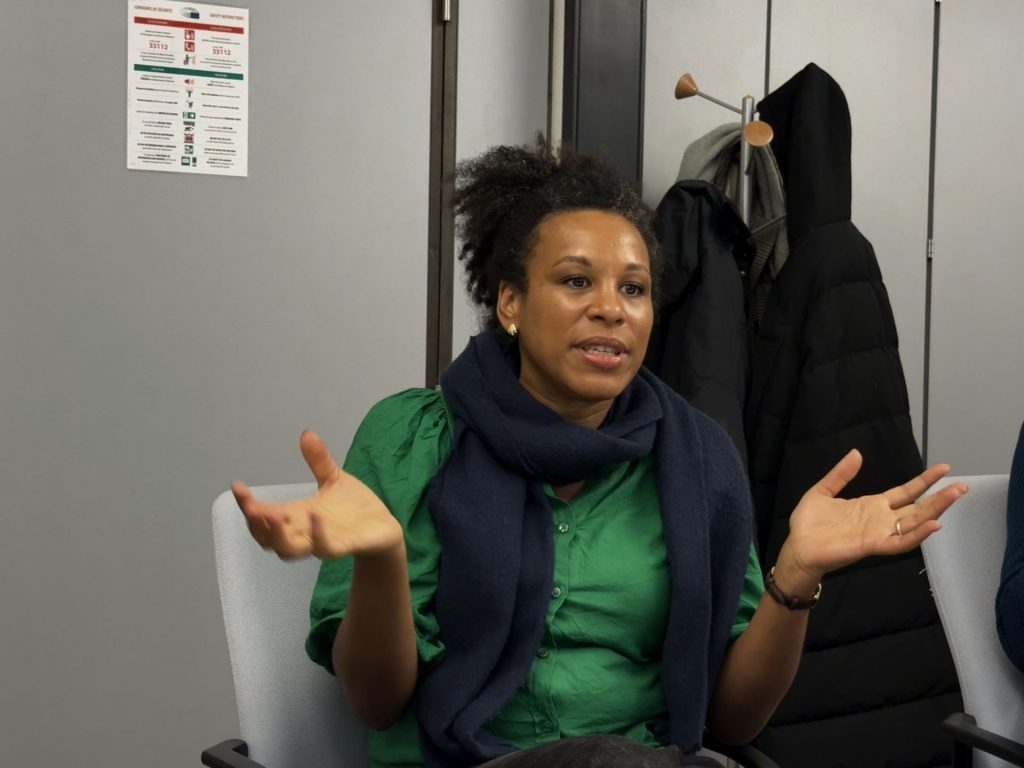A wave of critical questions recently confronted Nela Riehl, Chair of the European Parliament’s Committee on Culture and Education. From the future of EU cultural funding through 2034 to the urgent safeguarding of Ukraine’s cultural treasures amidst ongoing conflict, the scope of the discussion was immense.
Adding to the complexity, the conversation turned to a deeply debated issue: establishing a minimum age for social media access. Riehl tackled these diverse challenges in a comprehensive interview, offering insights into the EU’s evolving strategies.
The interview unfolded in a conference room within the European Parliament in Brussels, bringing together a powerful coalition of journalistic voices. Correspondents from five leading European news agencies – AFP (France), ANSA (Italy), APA (Austria), dpa (Germany), and EFE (Spain) – pressed Riehl on these vital topics.

Behind the scenes, the collaborative effort was bolstered by Ángela García López and Christian Röwekamp, ensuring seamless coordination and access to information for all participating agencies. The goal was a unified, in-depth exploration of these pressing European concerns.
A significant portion of the discussion centered on the allocation of funds for both cultural initiatives and educational programs. Simultaneously, the rapidly evolving landscape of social media regulation, particularly in light of the rise of Artificial Intelligence, demanded careful consideration.
Riehl, a Member of the European Parliament since 2024 representing the Volt party and aligned with the Greens/European Free Alliance group, hails from Hamburg, Germany. Her perspective offered a crucial lens through which to examine these complex issues.

The interview’s content was widely disseminated, empowering each news agency to publish tailored articles for their respective audiences. This collaborative approach ensured a broad and informed public discourse on the future of culture, education, and digital responsibility within the European Union.






